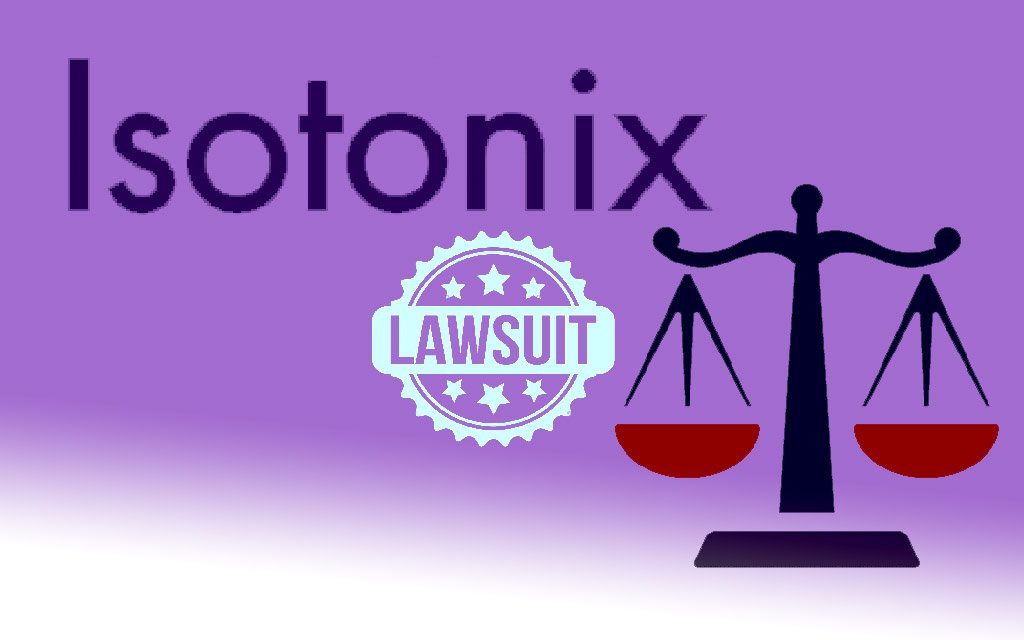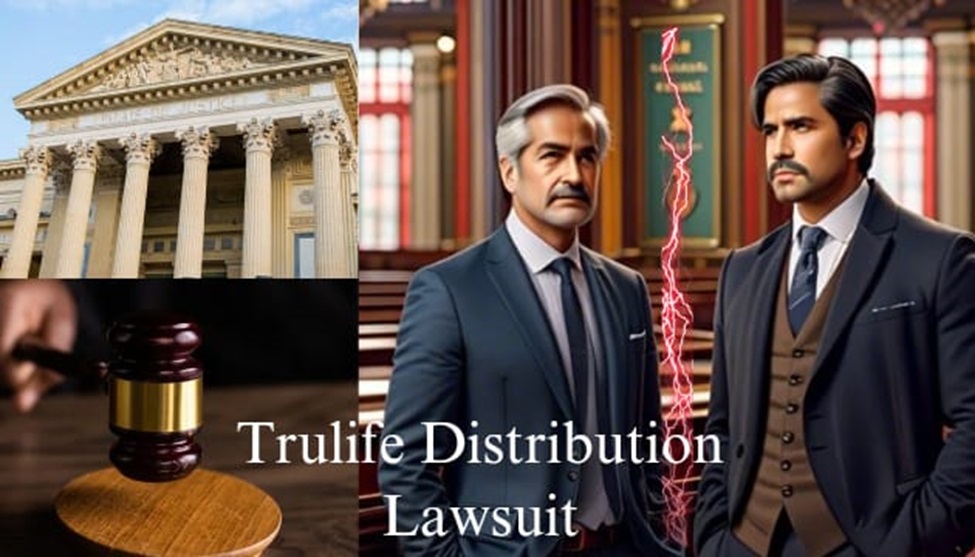The music industry has always been dynamic and full of surprises. It thrives on creativity but often faces challenges. Lawsuits are a common feature in this competitive space. The latest case to grab attention is the Sequoia Project Playlist lawsuit. This high-stakes legal battle pits a bold startup against major record labels. At its core, the case questions the balance between innovation and copyright protection.
The Sequoia Project disrupted traditional music streaming. Its playlists promised unparalleled personalization. Music fans welcomed it with open arms. But behind the scenes, trouble was brewing. Record labels accused Sequoia of ignoring essential licensing laws. They alleged widespread copyright violations, which sparked a lawsuit. This battle is about more than just one company. It highlights the growing tension between technology and the music industry. Let’s dive into the details.
What is the Sequoia Project?
The Sequoia Project started as a bold vision. It aimed to transform how people discovered and enjoyed music. The company claimed its playlists offered unmatched customization. Advanced algorithms powered this technology. These tools predicted listener preferences in ways no one had seen before.
The project quickly gained a dedicated following. Music fans appreciated its unique approach. Rare tracks and live recordings featured heavily in its playlists. For many users, this added a personal touch to their listening experience. However, this approach also attracted criticism. The industry began questioning whether Sequoia’s methods were entirely legal. This suspicion eventually led to a full-blown lawsuit.
Why Are Playlists at the Center of Controversy?
Playlists are more than just collections of songs. They shape music consumption in today’s digital age. Streaming platforms rely on them to attract users. Artists depend on them to boost their visibility. Record labels use them to market their latest releases. Controlling playlists means influencing the entire music landscape.
The Sequoia Project capitalized on this trend. Its playlists stood out for their uniqueness and variety. But these features came at a cost. Critics accused Sequoia of sidestepping licensing requirements. They claimed the project operated without properly compensating artists and labels. This situation created an unfair playing field, sparking widespread outrage.
Read also: Timberline Venture Partners Lawsuit Kazaa: Tech Investment and the Lesson of Legal Risks
What Triggered the Lawsuit?
The lawsuit didn’t come as a surprise. Record labels had been monitoring Sequoia’s activities for months. They alleged that the project streamed copyrighted material without authorization. This accusation has touched the very core of the music industry. Licensing is a very important process, ensuring the creators get paid for their work. Neglecting this will harm the whole system.
The case also discussed concerns for fair competition. It is an expensive and time-consuming process under licensing laws. Companies that breach these regulations benefit unfairly. The labels argued that Sequoia’s actions disrupted the market. They demanded accountability to protect the industry’s future.
The Role of Algorithms in the Debate
The Sequoia Project relied heavily on artificial intelligence. Its algorithms curated playlists that felt tailor-made for every user. This technology was a major selling point. But it also blurred the lines of legal responsibility. Who should be held accountable when AI selects copyrighted songs? This question remains unanswered.
Critics accused Sequoia of prioritizing technology over ethics. The project’s playlists often included niche and unreleased tracks. These selections require additional permissions, which Sequoia allegedly ignored. The lawsuit highlights the challenges of applying old laws to new technologies.
The Music Industry’s Response
The music industry reacted swiftly and decisively. Major labels united to file the lawsuit. They saw Sequoia as a threat to the industry’s stability. Artists and songwriters supported this stance. Many expressed frustration over platforms that exploit their work without proper compensation.
Streaming giants like Spotify and Apple Music also joined the conversation. They emphasized the importance of following licensing rules. These companies have spent years navigating the complex world of copyright law. They viewed Sequoia’s approach as reckless and damaging.
This case has raised a larger issue: accountability. It highlights the need for copyright laws to be strictly followed in the digital age. Many feel this lawsuit could set a precedent.
Sequoia’s Defense Strategy
Sequoia has firmly denied all allegations. The company argues that its playlists benefit artists by increasing exposure. According to Sequoia, its platform introduces listeners to lesser-known tracks. This, they claim, helps the music community thrive.
However, the evidence presented by record labels challenges this narrative. Internal documents suggest Sequoia knowingly bypassed licensing requirements. Financial records show significant profits from unlicensed content. These revelations have damaged the company’s credibility.
The lawsuit has also affected Sequoia’s relationship with its users. Many loyal fans feel disappointed by the allegations. The company now faces an uphill battle to rebuild trust.
What Does This Mean for Listeners?
The lawsuit could have far-reaching consequences for listeners. Playlists may become more restricted. Rare tracks and live versions could disappear from streaming platforms. Licensing fees might lead to higher subscription prices. However, these changes could also benefit artists. Stricter rules ensure fair compensation for creators.
Listeners have an important role to play in this debate. Supporting platforms that respect copyright laws can drive positive change. Staying informed about these issues helps sustain the music ecosystem.
Key Lessons for the Industry
This case wakes up the music industry. Innovation has to go along with transparency and accountability. Companies cannot ignore their licensing rules. Artists must be paid fairly for their work, and the platform must ensure this happens.
The Sequoia lawsuit shows that shortcuts are risky. Moreover, it shows that even the most creative new companies must follow the rules. In the music business, transparency about the law is the way to succeed in the long run.
The Future for Sequoia and the Business
It is a case that can potentially affect how streaming happens. If Sequoia loses, it may face hefty fines and operational changes. Other startups will likely adjust their strategies to avoid similar legal troubles. The case could also inspire new regulations for digital platforms.
For the music industry, this is a chance to establish stronger standards. Balancing innovation with legality is key. Companies must embrace ethical practices to thrive in the long run. The road ahead may be challenging, but it offers valuable growth opportunities.
Conclusion: The Sequoia Project Playlist Lawsuit and Its Impact
The Sequoia Project Playlist lawsuit is more than a legal dispute. It reflects the growing tension between technology and tradition. The case raises critical questions about copyright, fairness, and innovation. It challenges the music industry to adapt to a rapidly changing landscape.
Listeners, artists, and platforms all have a stake in this outcome. Supporting ethical practices ensures a brighter future for the music community. The Sequoia lawsuit serves as a reminder. Innovation must always respect the rights of creators. The industry can build a system that values creativity, fairness, and integrity.


